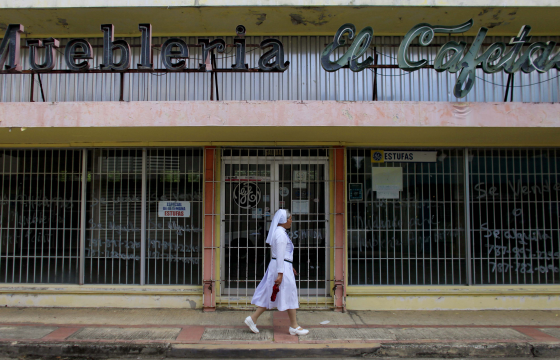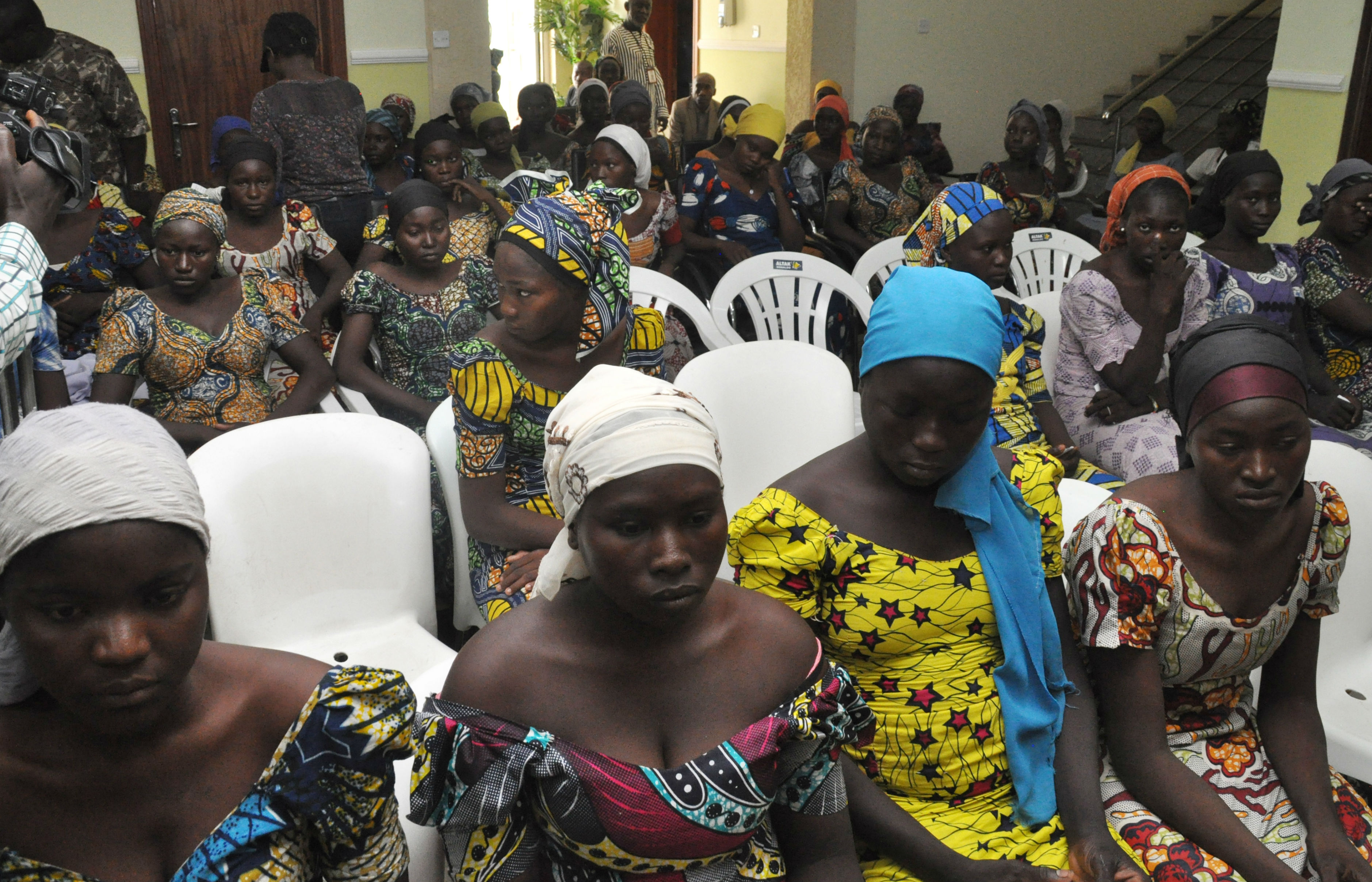Following the release of 82 of the Chibok schoolgirls seized three years ago by Boko Haram, in exchange for detained suspects with the extremist group on 7 May, the head of the Catholic church in Nigeria has questioned why it has taken so long to negotiate their release, saying the women could have been saved 'three years of suffering'.
"In all these years I was among those who insistently asked the government to do everything possible to free the girls,” Cardinal Onaiyekan, Archbishop of Abuja, told Fides news on 8 May. “The government replied that it could not negotiate for their release with terrorists, or exchange them with Boko Haram prisoners. But that is exactly what has happened. Why did this not happen before, saving three years of suffering for these girls and their families?" continued the archbishop.
Questioning whether the girls would have been freed earlier had they been the daughters of government leaders. The Archbishop added that the 113 girls still unaccounted for must not be forgotten.
“I urge everyone to pray for their release,” he concluded.
The girls’ release was announced in a statement issued by the office of Nigerian president, Muhammadu Buhari, early on Sunday morning. The Chibok schoolgirls were freed in exchange for “some Boko Haram suspects held by the authorities”, it said. It was later confirmed that they were five Boko Haram commanders, raising questions about why the group would exchange so many high-profile prisoners for a handful of members.
Following an initial release of 21 Chibok girls last October, the Nigerian government has since denied it would make an exchange or a pay a ransom.
The deal was negotiated by Mustapha Zanna, a barrister who was once the lawyer of the late founder of Boko Haram, Mohammed Yusuf, reports the Guardian. It also involved the Swiss government and the Red Cross who are said to have acted as an intermediary and to have organised the girls’ transport.
The girls have been flown to Abuja, the capital, to meet with President Buhari.
The young women released on Sunday were among 276 mostly Christian schoolgirls whose abduction by Boko Haram caused an international outcry in April 2014.
Many other women and girls had been seized by the militant group, but the Chibok girls gained international attention when the hashtag #bringbackourgirls took off on social media. Former First Lady, Michelle Obama, and other celebrities supported the social media campaign.
Since the mass abduction it is thought that many of the captives have been raped and forced into marriage. It is feared some have been used as suicide bombers and killed.
Buhari announced last year that Boko Haram had been “crushed,” but the group continues to carry out attacks in northern Nigeria and neighbouring countries. The group has killed more than 20,000 people and driven millions from their homes.
PICTURE: Newly released Chibok girls wait to receive medical check-up after arriving in Abuja on 7 May.




 Loading ...
Loading ...